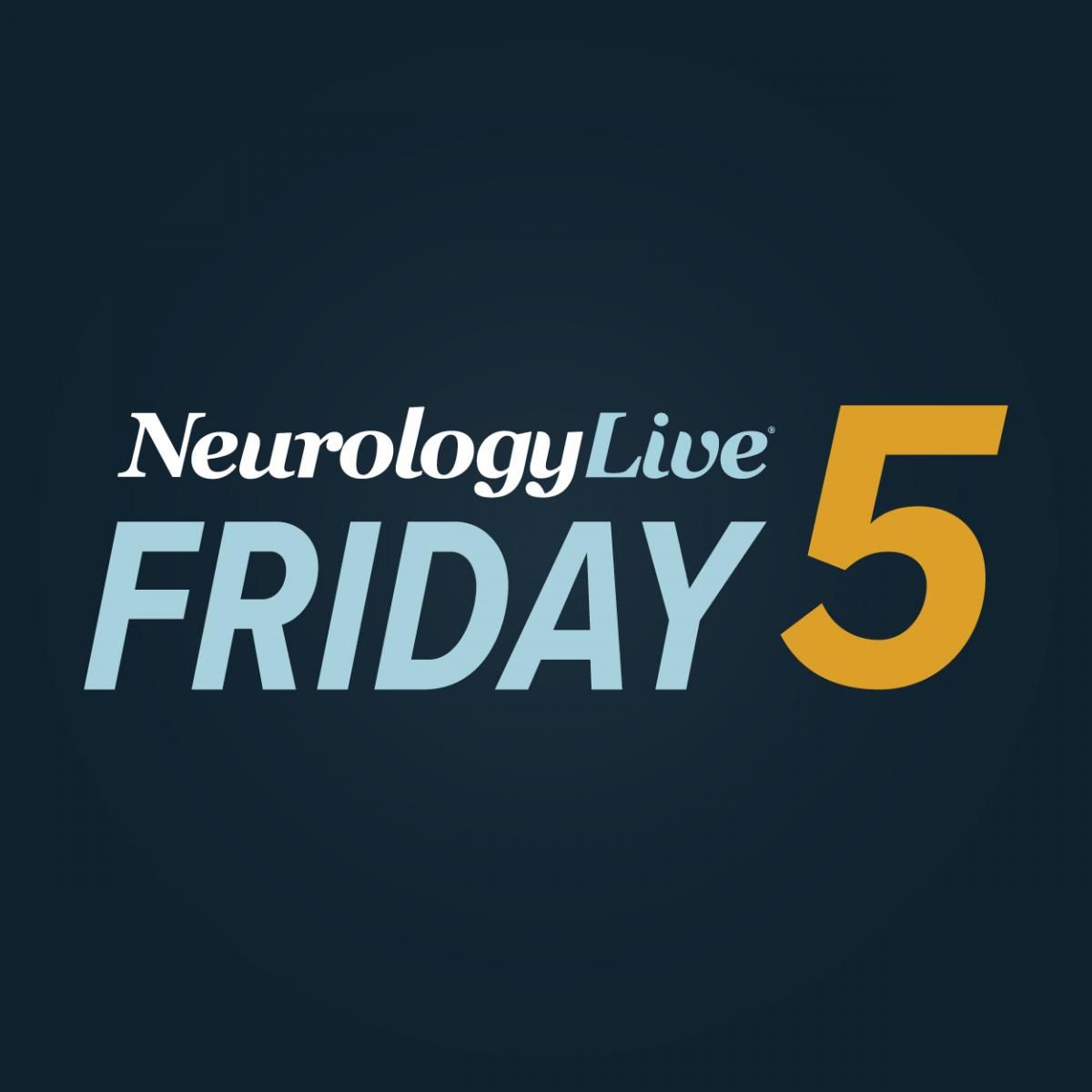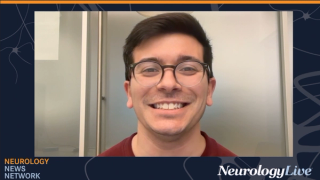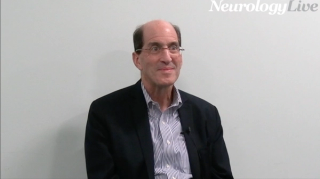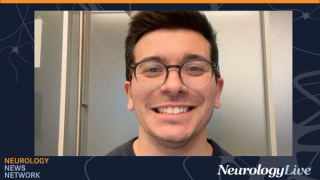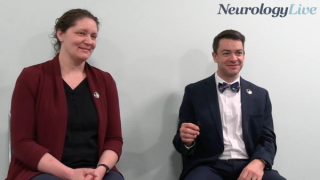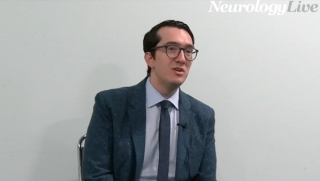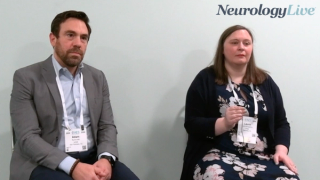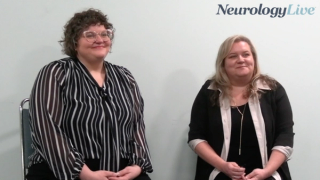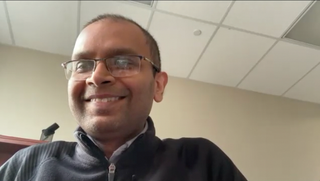
Epilepsy
Latest News
Latest Videos

CME Content
More News

Test your neurology knowledge with NeurologyLive®'s weekly quiz series, featuring questions on a variety of clinical and historical neurology topics. This week's topic is on stroke in epilepsy.
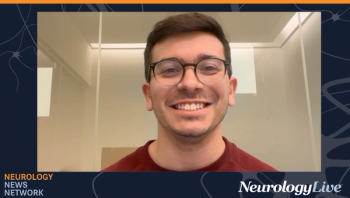
Neurology News Network. for the week ending April 19, 2025. [WATCH TIME: 3 minutes]

Mind Moments®, a podcast from NeurologyLive®, brings you an exclusive interview with Nancy Foldvary-Schaefer, DO, FAAN. [LISTEN TIME: 25 minutes]

The intranasal treatment, originally marketed in 2020, will now be available for patients with acute repetitive seizures as young as 2 years old.

Cleveland Clinic’s $1.1 billion Neurological Institute, opening in 2027, will revolutionize neurological care with a state-of-the-art, patient-centered design integrating advanced technology and innovative care solutions.
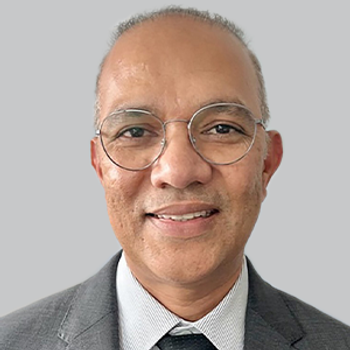
Harmony Biosciences’ phase 3 study will assess EPX-100, a repurposed antihistamine, as a potential treatment for Lennox-Gastaut syndrome, targeting seizure reduction and improved outcomes.

Take 5 minutes to catch up on NeurologyLive®'s highlights from the week ending March 28, 2025.

The director of the pediatric epilepsy monitoring unit at the Medical University of South Carolina provided commentary on the significance of Purple Day as a means to raise awareness about epilepsy. [WATCH TIME: 3 minutes]

Emma Macdonald-Laurs, PhD, FRACP, MBChB, a neurologist at the Royal Children’s Hospital in Melbourne, Australia, provided commentary on the progress and challenges the epilepsy community faces amid Purple Day.
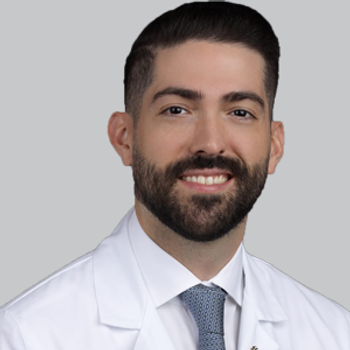
Luis Tornes, MD, a neurologist and director of Baptist Health’s Epilepsy Program, provided clinical insights on raising awareness for Purple Day, a global initiative dedicated for patients and families with epilepsy.
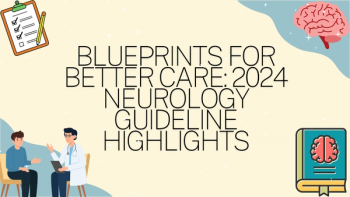
Explore the key 2024 neurology guideline updates shaping clinical care across stroke, epilepsy, movement disorders, and more in this essential feature.

Here's some of what is coming soon to NeurologyLive® this week.

Catch up on any of the neurology news headlines you may have missed over the course of February 2025, compiled all into one place by the NeurologyLive® team.

Mind Moments®, a podcast from NeurologyLive®, brings you an exclusive interview with Sonal Bhatia, MD, FACNS. [LISTEN TIME: 24 minutes]

Amber Freed, founder of SLC6A1 Connect, shared her personal journey and advocacy efforts to raise awareness for SLC6A1, a rare genetic epilepsy, in honor of Rare Disease Day.
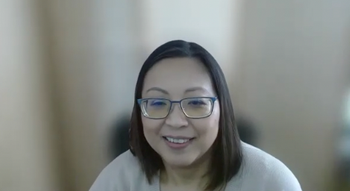
The neurooncologist from the University of California Los Angeles provided clinical insight on the impact of a new treatment option for adults and children with neurofibromatosis type 1 that are not amenable to complete surgical resection. [WATCH TIME: 2 minutes]

Here's some of what is coming soon to NeurologyLive® this week.

Pathogenic variants in the CACNA1A, ATP1A2, and SCN1A genes were associated with a higher risk of migraine, particularly in heterozygous carriers of loss-of-function and neutral variants.

Zorevunersen, an antisense oligonucleotide, is currently being evaluated in a phase 3 registrational trial, with data expected in the second half of 2027.

Findings showed that patients with epilepsy were significantly more likely to experience a range of psychiatric disorders, including depression, anxiety, and substance use disorders, compared with those without the condition.

Jonathon Parker, MD, PhD, an assistant professor of neurosurgery and neuroscience at Mayo Clinic Arizona, provided commentary on the promise and roadblocks behind stem cell approaches in epilepsy.

Here's some of what is coming soon to NeurologyLive® this week.

Expected to conclude in late 2026, the trial will feature 30 patients with Jordan’s syndrome, aged 9-45 years, who will be tested for a 24-week treatment period.

Here's some of what is coming soon to NeurologyLive® this week.
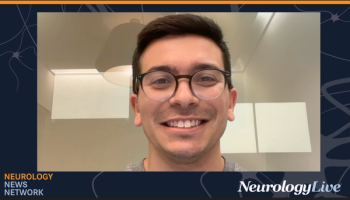
Neurology News Network. for the week ending February 9, 2025. [WATCH TIME: 4 minutes]

